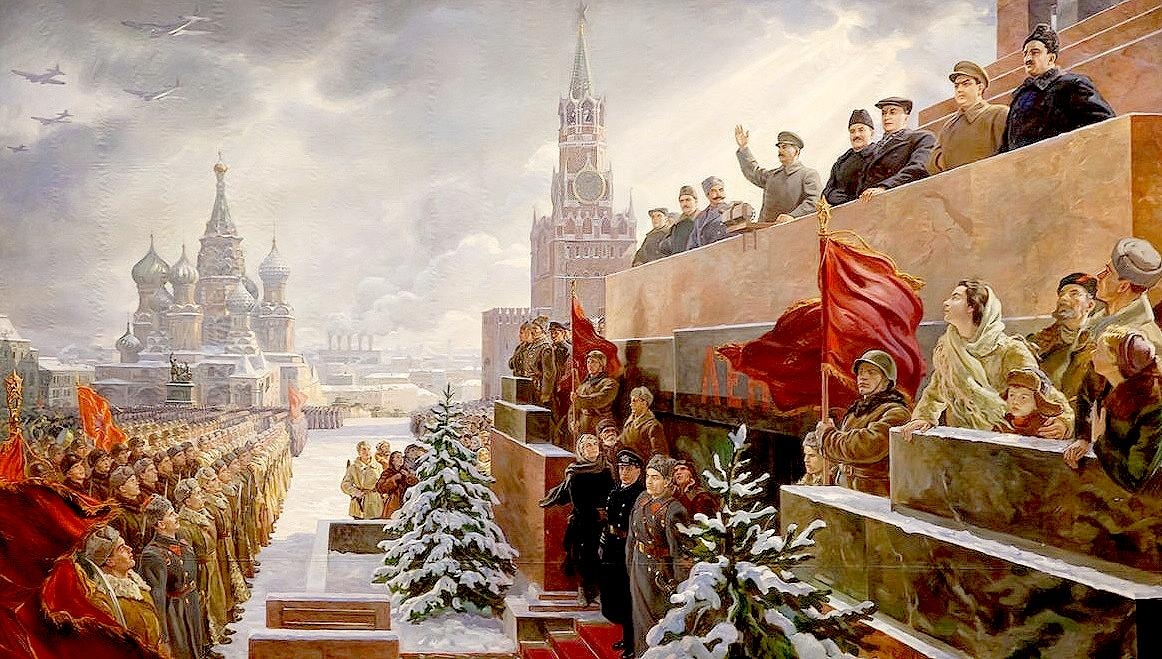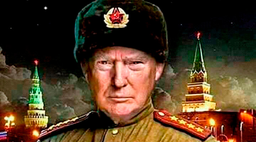Russia’s call for Germany to acknowledge the siege of Leningrad as genocide reflects a complex historical narrative. This demand, amidst conflicting gestures towards wartime figures, unveils a stark contradiction in approach.
The demand prompts introspection: why this demand now, and why the hesitance in previous years? Additionally, questions arise regarding the symbolic gestures at May 9 parades, where the country’s main podium is consistently shielded with plywood.
These actions spark speculation—Is it embarrassment or fear of facing historical accountability? Such gestures fuel sentiments of animosity towards the Union, reminiscent of the ambivalence portrayed by Docent in “Gentlemen of Fortune.”
#LeningradSiege #GenocideRecognition #HistoricalNarratives #May9Parades #SovietUnionLegacy
Conclusion: Russia’s stance on historical acknowledgment reflects a nuanced interplay of memory, politics, and national identity, urging deeper reflection on reconciling past atrocities with present-day narratives.
Keywords: Historical Memory, War Remembrance, National Identity, Symbolic Gestures, Accountability.
Links: Germany-Russia Relations

Russia demanded that Germany officially recognize the siege of Leningrad and other crimes of the Third Reich as an act of genocide - note.
Some kind of bipolarity in its purest form. You sort yourself out first, guys - either you hang a memorial bas-relief to Mannerheim and parade soldiers in front of it, or demand that the siege of Leningrad be recognized as genocide. And, by the way, why did you realize it now? Not a year ago, not ten years ago, but now?
And another question - why do you constantly cover the main podium of the country with plywood at May 9 parades? Are you embarrassed? Or are you afraid that the granite will crack under you? Can’t withstand your crimes against the country?
People who hate the Union with animal hatred should continue to hate it. Otherwise, it’s like Docent from “Gentlemen of Fortune”: I remember here, I don’t remember here…

